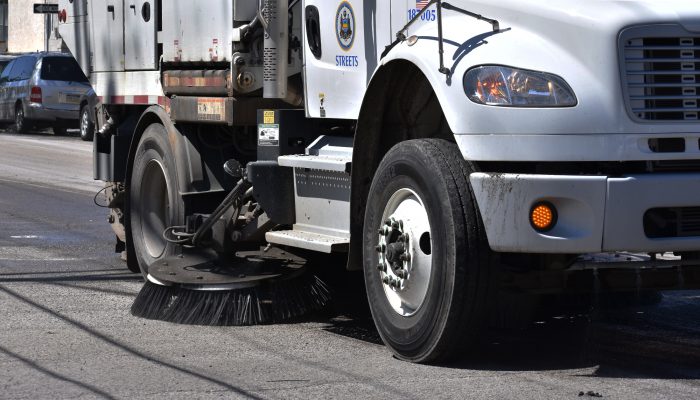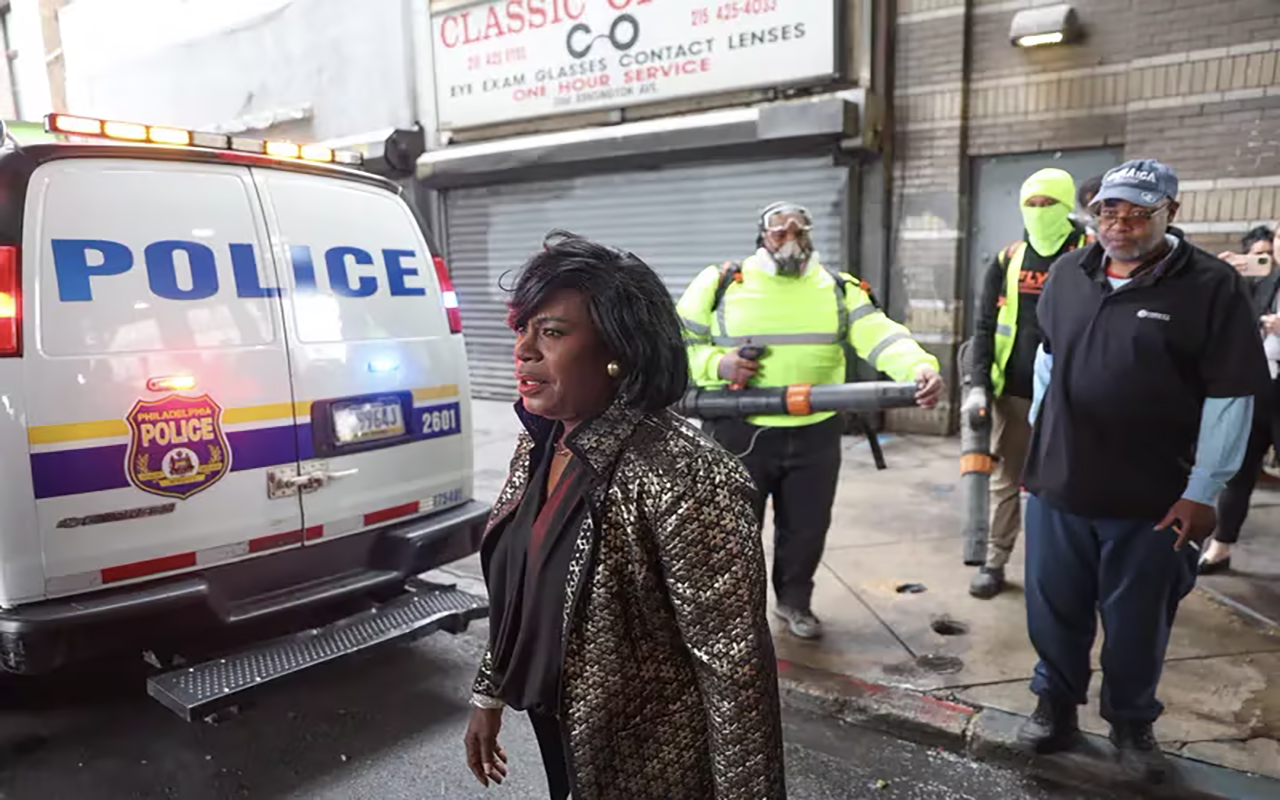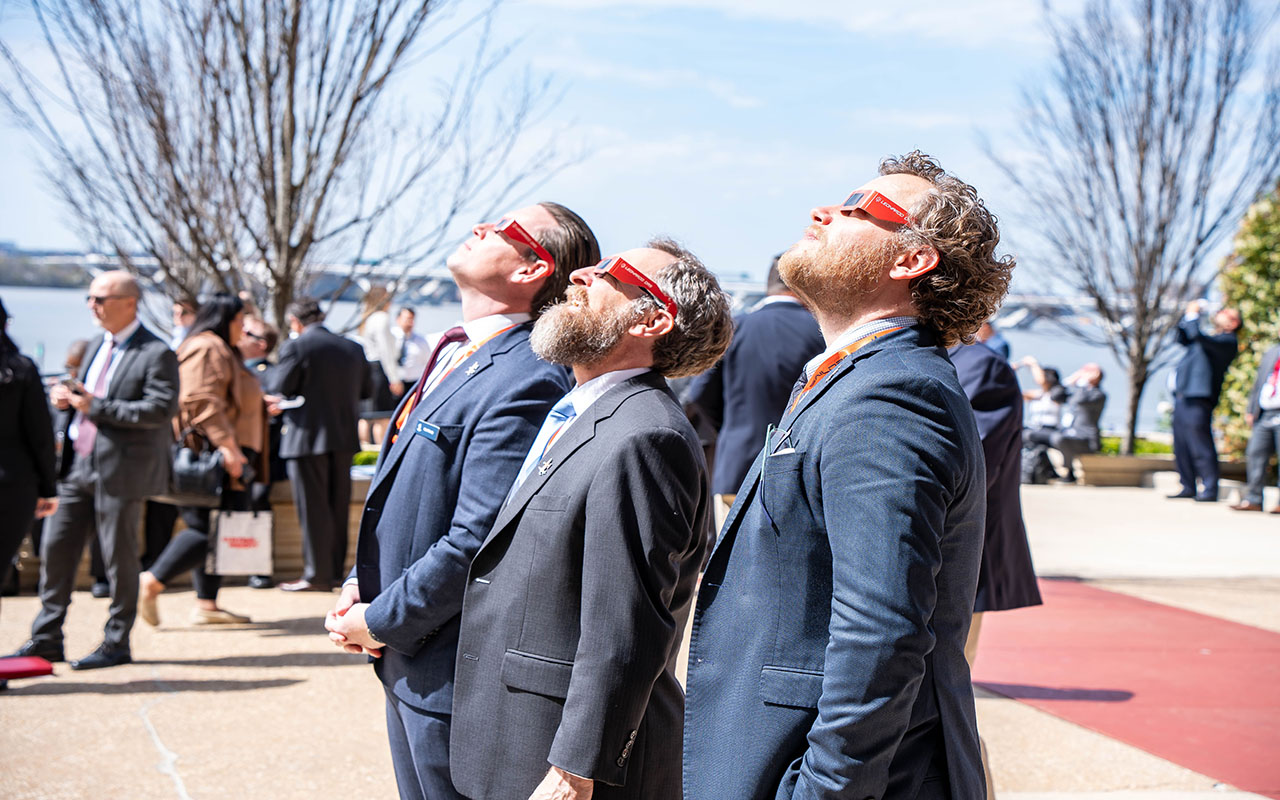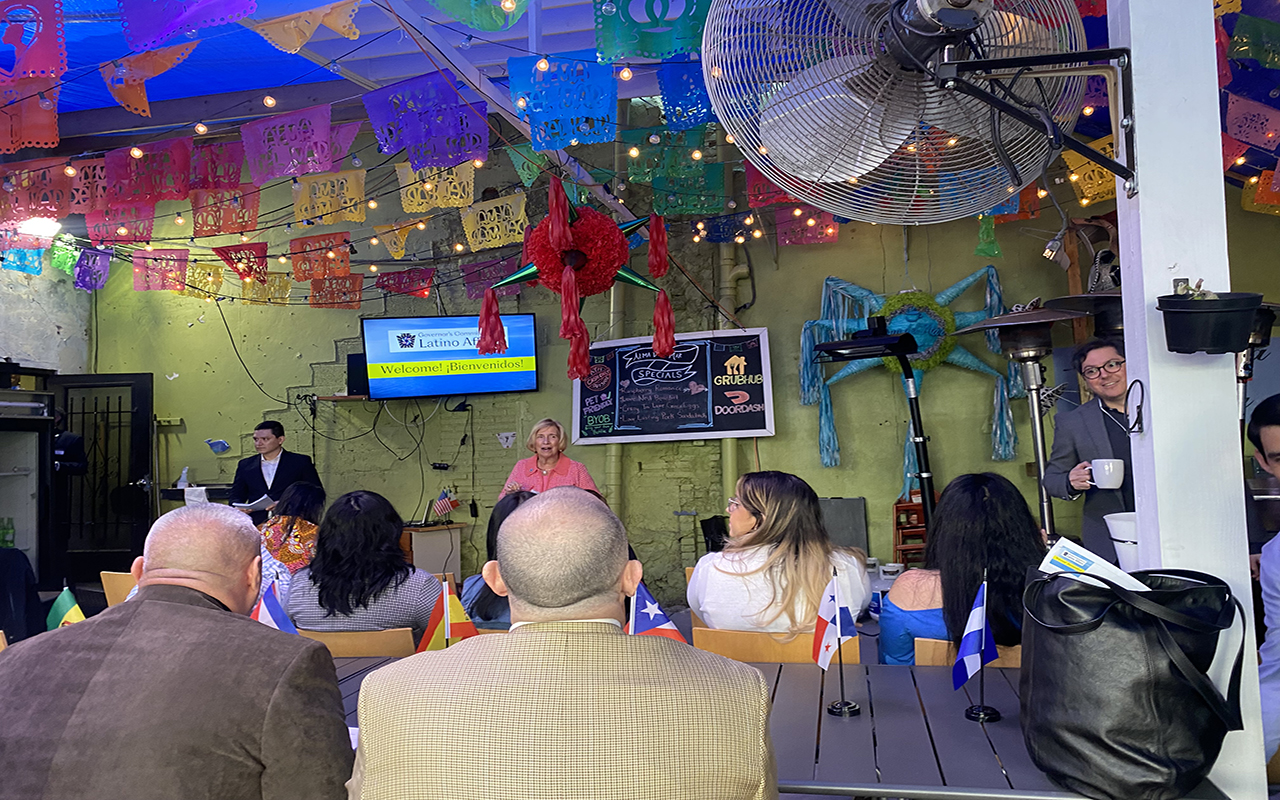
Philadelphia report on 2019 street cleaning pilot shows promise, but cars will still need moving
The pilot will start back up in April with potentially expanded routes and more neighborhoods.
Like a lot of Philadelphia’s issues, officials say cleaning the city’s dirty streets on a consistent basis in every neighborhood does not have a “silver bullet” solution.
“One size doesn’t fit all,” said Philadelphia’s Managing Director Brian Abernathy, when discussing the different trash cleanup needs of every neighborhood.
Members of the Mayor’s GovLabPHL team and the Streets Department discovered that difference in Kensington, one of the six neighborhoods used to pilot a new mechanical street sweeping program that launched back in April 2019.
Cleaning crews visiting the neighborhood early on in the pilot realized Kensington required more time and effort to sweep compared to other selected areas like West and Southwest Philadelphia, so it was split in two.
An evaluation of the overall mechanical street sweeping pilot was released on Feb. 20, and based on the results, those involved hope to expand the current pilot areas, while potentially adding new locations in its next phase.
The details on what is exactly next are still blurry as further budgeting and route planning is needed, but based on resident surveys released in the report and the Mayor’s agenda, cleaner streets is something stressed by all in the city.
“This is clearly one of the top priorities of not just the administration, but our residents,” said Abernathy. “They want to see cleaner streets. They want to see better, well maintained neighborhoods, and this is an important program to help us get there.”
In addition to West, Southwest Philly and Kensington, parts of South Philly, Strawberry Mansion and Logan were chosen as the other pilot locations based on their litter index: a system developed by the Kenney administration’s Zero Waste and Litter Cabinet, which relies on visual data to rate a block’s cleanliness.
On the scale, one is the cleanest, while four is the dirtiest.
Between April and December, the Streets Department deployed its sweepers and crew equipped with blowers to the six pilot locations.
The initial idea was for those with the blowers, to move the trash on sidewalks and near curbs to the middle of the street so the sweeper could pick it up rather than require cars to move on street sweeping days.
However, that process proved too time consuming and inefficient, so Streets Commissioner Carlton Williams had to be the bearer of bad news for some car-owners in the city.
“You have to move your cars,” he said.
That being said, there will be a five-month grace period in the expanded pilot locations before tickets actually get issued.
Williams said the pilot will pick back up April 2020 and between then and July will be used to educate residents about the required weekly moving of their cars with new signage. Final warnings will be issued between July and August before actual penalties begin from August on.
The tickets issued by the Philadelphia Parking Authority (PPA) for failing to move a car for street sweeping cost $31.
While officials admitted the required moving of their cars may cause some residents to complain, they found it a common practice in many of the 33 cities surveyed for the report released on Feb. 20.
RELATED CONTENT
“About half do it in some capacity,” said Anjali Chainani, the Director of Policy and GovLabPHL for the Mayor’s Office.
One of those cities surveyed was New York City, whose coordination between street sweeping and parking enforcement is something officials in Philly are striving to replicate.
At the beginning of 2019, WHYY released a report detailing how PPA would ticket cars for blocking street sweepers that barely showed up. The story revealed a breakdown in communication between the Streets Department and PPA and tickets stopped being issued in street-sweeping zones after its release.
In New York, the city avoids this conflict by having parking authority officers ride along with the cleaning crews and issue tickets only on cars that weren’t moved after a failed attempt to find the owner.
“They’re number one priority is not to issue tickets, but to actually get people to comply,” said Williams.
He also said having a PPA officer ride along would eliminate tickets being issued at times when the machinery malfunctions.
Plus, of the approximately 2,400 residents that answered the door-to-door survey for the program, 91% said they would move their cars for the sweepers.
Other findings from the report showed declines over the summer months in the amount of trash collected by the sweepers in all six of the pilot zones before increasing again in the Fall.
As a result, the sweepers were able to cover more miles in the neighborhoods each day.
The goal is still to have street sweepers in every neighborhood across Philly by 2023. Officials said as long as the resources stay, it’s possible.











LEAVE A COMMENT:
Join the discussion! Leave a comment.